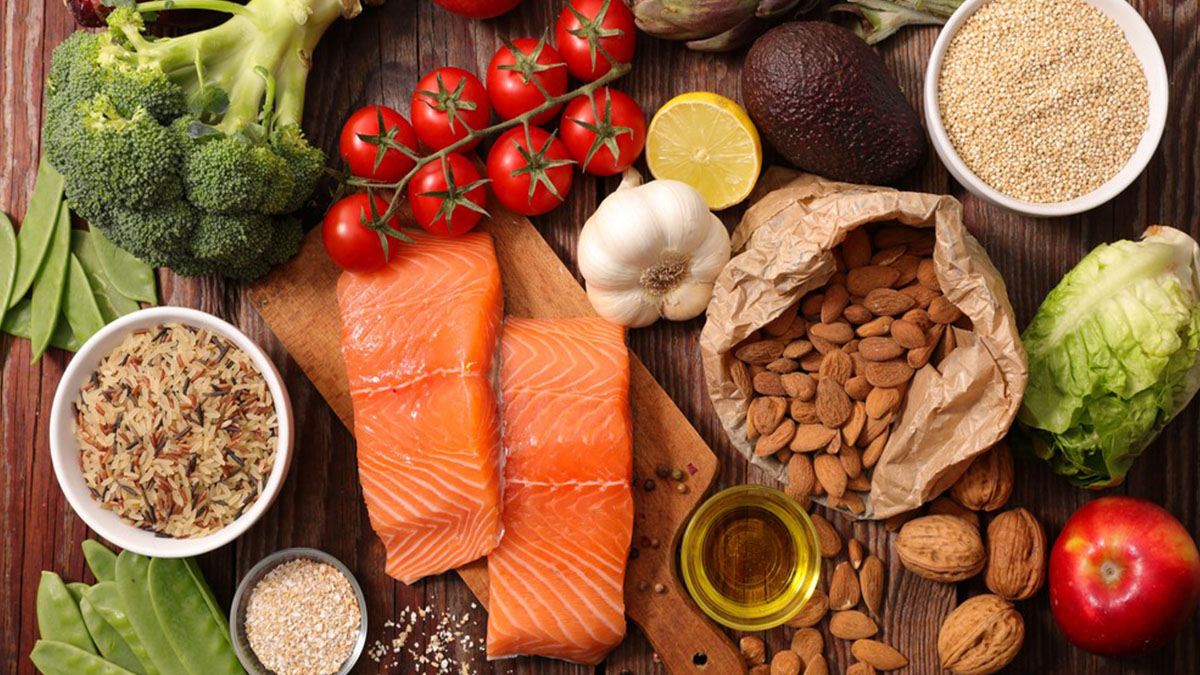
In today’s fast-paced world, the concept of “eating healthy” is more important than ever. With an abundance of diet trends, superfoods, and nutritional advice available, it can be challenging to determine if your diet is genuinely healthy. While you may believe you’re making the right food choices, it’s essential to take a closer look at what you’re consuming. In this post, we’ll explore the key components of a healthy diet and offer tips to help you assess whether you’re truly eating as healthily as you think.
1. The Foundation of a Healthy Diet
A healthy diet is built on balance, variety, and moderation. It should include a mix of macronutrients—carbohydrates, proteins, and fats—along with a wide range of vitamins and minerals from different food groups. Here are the basics:
- Fruits and Vegetables: Aim for at least 5 servings of fruits and vegetables daily. These foods are rich in essential nutrients like fiber, vitamins, and antioxidants that support overall health.
- Whole Grains: Whole grains like brown rice, oats, quinoa, and whole wheat bread provide sustained energy and are higher in fiber compared to refined grains.
- Lean Proteins: Incorporate lean proteins such as chicken, fish, legumes, tofu, and eggs. Protein is vital for muscle repair, immune function, and overall health.
- Healthy Fats: Include sources of healthy fats like avocados, nuts, seeds, and olive oil. These fats support brain health and help absorb fat-soluble vitamins.
2. Hidden Sugars and Processed Foods
Even if you think you’re eating healthy, hidden sugars and highly processed foods can sabotage your efforts. Many packaged foods, sauces, and snacks contain added sugars and unhealthy fats that contribute to weight gain, inflammation, and chronic diseases. To avoid these pitfalls:
- Read Labels: Check food labels for added sugars, sodium, and unhealthy fats. Ingredients like high-fructose corn syrup, hydrogenated oils, and excessive sodium should be red flags.
- Limit Processed Foods: Focus on whole, unprocessed foods. If it comes in a box and has a long list of ingredients, it’s likely not the healthiest option.
3. Portion Control Matters
Even healthy foods can contribute to weight gain and other health issues if consumed in large quantities. Portion control is crucial to maintaining a balanced diet:
- Mindful Eating: Practice mindful eating by paying attention to your hunger and fullness cues. Eating slowly and savoring your food can help you recognize when you’re satisfied, reducing the likelihood of overeating.
- Balanced Portions: Aim to fill half your plate with vegetables, a quarter with lean protein, and a quarter with whole grains. This helps ensure you’re getting a balanced intake of nutrients.
4. Hydration and Healthy Beverages
Staying hydrated is a key component of a healthy diet, but not all beverages are created equal. Water should be your primary source of hydration, with other options like herbal teas and low-calorie drinks in moderation:
- Limit Sugary Drinks: Beverages like soda, fruit juices, and energy drinks are high in sugar and calories. Opt for water, sparkling water with a splash of lemon, or unsweetened tea instead.
- Watch Your Caffeine Intake: While moderate caffeine consumption can have health benefits, excessive intake from coffee or energy drinks can lead to dehydration and other health issues.
5. Are You Getting Enough Nutrients?
A well-rounded diet provides all the essential nutrients your body needs to function properly. However, nutrient deficiencies can occur if your diet lacks variety:
- Diverse Food Choices: Make sure you’re eating a wide variety of foods from all food groups. This helps ensure you’re getting a broad spectrum of nutrients.
- Consider Supplements: If you suspect you’re not getting enough vitamins or minerals from your diet, consider discussing supplements with a healthcare provider.
Conclusion
Eating healthy is more than just following diet trends or cutting out certain foods—it’s about creating a balanced, varied, and sustainable diet that meets your individual needs. By paying attention to what you’re eating, avoiding hidden sugars and processed foods, controlling portions, staying hydrated, and ensuring you’re getting enough nutrients, you can confidently answer “yes” to the question, “Are you eating healthy?”
